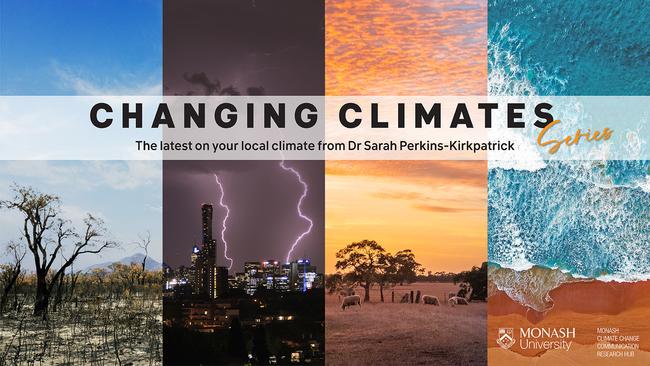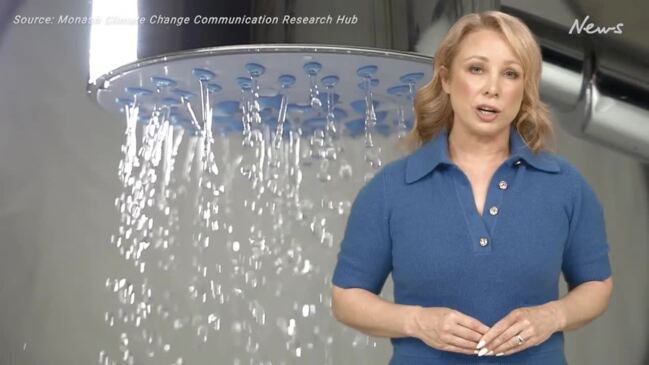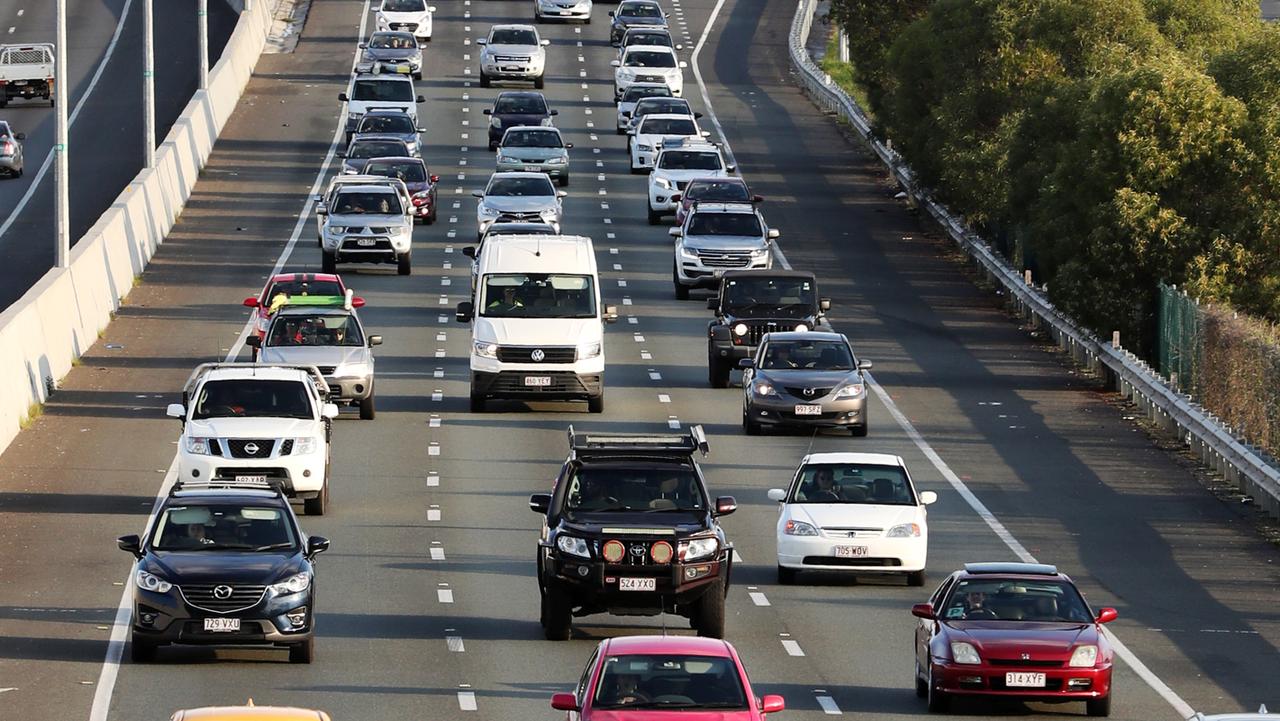Switching on savings through household electrification
Host of the inner west's Changing Climates series, Dr Sarah Perkins-Kirkpatrick, unpacks how electrifying our homes could help keep money in our pockets.

HyperLocal
Don't miss out on the headlines from HyperLocal. Followed categories will be added to My News.
For decades, gas powered appliances have helped to heat our homes, cook our food and turn on a nice hot shower to wash away the day.
In fact, up until recently it was nearly impossible to buy a home that wasn't already connected to the gas network.
However, the reign of gas in Aussie homes is beginning to come to an end, and this shift is driven by three main factors.
Firstly, using gas generates harmful emissions that warm our planet and contribute to climate change.
Secondly, gas appliances in the home can impact our health by producing unsafe levels of indoor air pollution.
And finally, it's expensive.
In an economic climate where many Aussies are experiencing the stress of the rising cost of living, any opportunity to save a few dollars is helpful.
This is where household electrification comes in.
In short, electrification is the process of swapping out fossil-fuel powered processes and technologies like gas heaters and stoves for electric alternatives.
So, how does going electric help our wallets?
Switching on savings
The Monash Climate Change Communication Research Hub's 2023 'Switching On' report found NSW households could save approximately $898 per year by electrifying their homes.
Across the nation, this equates to around $4.9 billion every year.
And a large proportion of these savings would occur before the gas is even turned on.
This is due to gas connection charges typically costing Aussie residences $1.3 billion each year on average.
That equates to around $220 per household a year before a single molecule of gas is used.
And the savings don't stop there.
Since 2012, the cost of gas has risen much faster than electricity, far outpacing inflation.
In fact, between 2012 and 2023, wholesale gas prices rose by a massive 234 per cent on average, compared to 137 per cent for electricity in the same period.
When we take into account the growth in renewable energy sources such as wind and solar, we will likely see electricity prices continue to fall over time.

Not only that, despite the popular narrative that gas is better at heating our homes, research shows electric heaters can be up to five and a half times more efficient than their gas counterparts.
This means less power is needed to perform the same tasks.
Monash University's 'Switching On' report found that using an efficient electric split system over a gas heater could lead to savings of up to $570 per year for the average household.
Similarly, electric heat pump hot water systems were found to be almost three and a half times more efficient than their gas counterparts.

Plugging into an electric future
Whether it's the savings, the environmental benefits, or the impact on our health, a preference for electric appliances is beginning to catch on.
Research commissioned by the Australia Institute found more Aussies are opting for electric appliances, with clear preferences particularly for electrifying heating, hot water and ovens.
And this trend is likely to continue as the range of options expand, and the workforce to help us transition grows.
Of course, electrifying our homes is no simple task and does come with upfront costs including purchasing and installing new electric goods.
This can be particularly challenging for low income households and renters who cannot afford, or don't have the flexibility to make such changes.
Fortunately, programs are beginning to spring up across the country that help provide financial assistance.
For example, the NSW government offers households a way to make this transition easier through their Community Electrification pilot scheme.
Further, increasing access to these programs by changing the eligibility criteria would go a long way in supporting our most vulnerable households.
Australia has already embarked on its electrification journey which will see cleaner, greener homes across the country.
If you're keen to find out what an electrified home could mean for you, checking out Rewiring Australia is a great place to start.
Ultimately, this transition will help us collectively tackle climate change and also lighten the load on our hip pockets.
Electrification in your community:

Want more information on how your climate is changing? Check out the last article in this series.
Associate Professor Sarah Perkins-Kirkpatrick is a climate scientist at the University of New South Wales.
This column is part of a collaboration between Monash University and News Corp to deliver hyperlocal weather and climate information.


